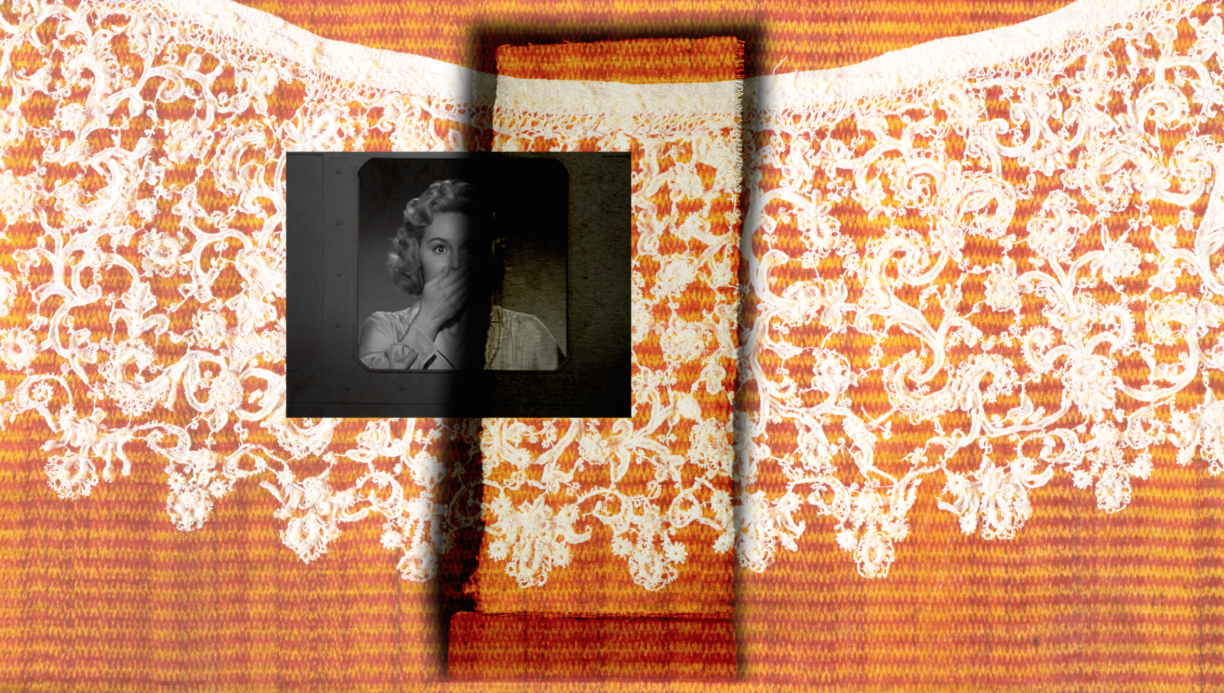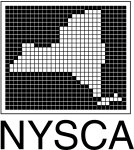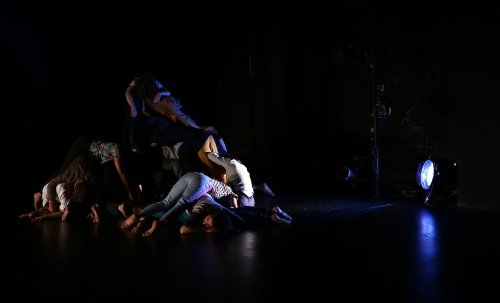Drawing from a year of research in preparation for his final residency project in early 2016, this talk develops a set of discontinuous thoughts on two fields of inquiry: the practice of weaving and the concept of the grotesque. In both, we can read obscure histories of how abstractions work through us and the geographies they carry with them, but also the limits of trying to make sense of those histories through the idea of “the body” as a discrete, coherent unit. The title comes from the process of translating a weaving pattern, or a “draft,” into the passage of time and the set of gestures that get concretized in a textile, and the talk considers this as a model for thinking about the sticking points and frictions, human and otherwise, that gather between design and realization. Continuing Williams’ interest in the essay as a form of experimental historical montage, Reading a Draft moves between the daily and fantastic, passing amongst pixels, tombs, factories, unicorns, and wallpaper to try and sketch a mode of claustrophobic and accumulated time that is as continually present as it has been long pushed out of view.
Evan Calder Williams is an artist, writer, and theorist. He has presented solo and collaborative films, performance, and audio works at the Serpentine Gallery, the Whitney Museum, Tramway, Artists Space, Images Festival, ISSUE Project Room, Frieze Film, the Ljubljana Biennial of Graphic Arts, and the Montreal International Festival du Nouveau Cinéma. He works, with Lucy Raven and Vic Brooks, as Thirteen Black Cats, a research and production collective for moving images. He received a PhD in Literature from the University of California Santa Cruz and was a Fulbright Fellow in Italy for his research on cinema, industry, and revolt. He is the author of Combined and Uneven Apocalypse and Roman Letters, as well as two forthcoming books, Shard Cinema and Donkey Time. His writing has appeared in Film Quarterly, Mute, The Journal of American Studies, World Picture, Radical Philosophy, Third Rail, Criterion Collection, The New Inquiry, and elsewhere. He teaches theory at the Center for Curatorial Studies at Bard College.





